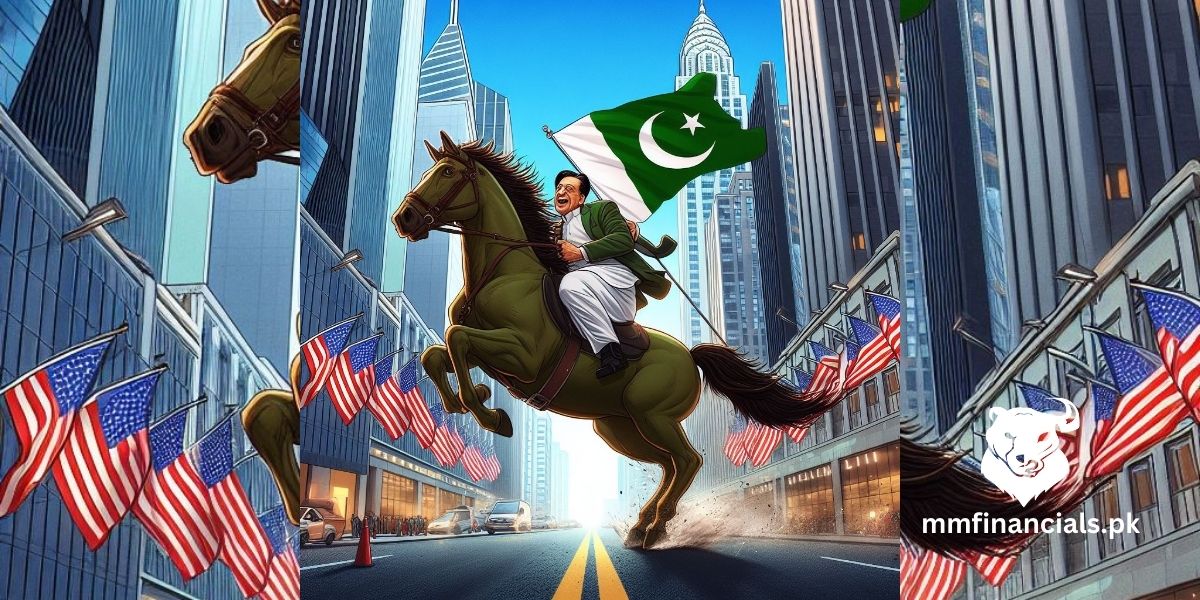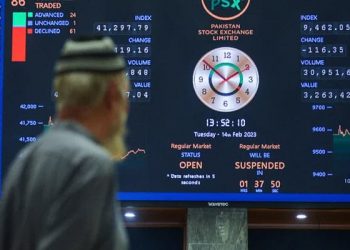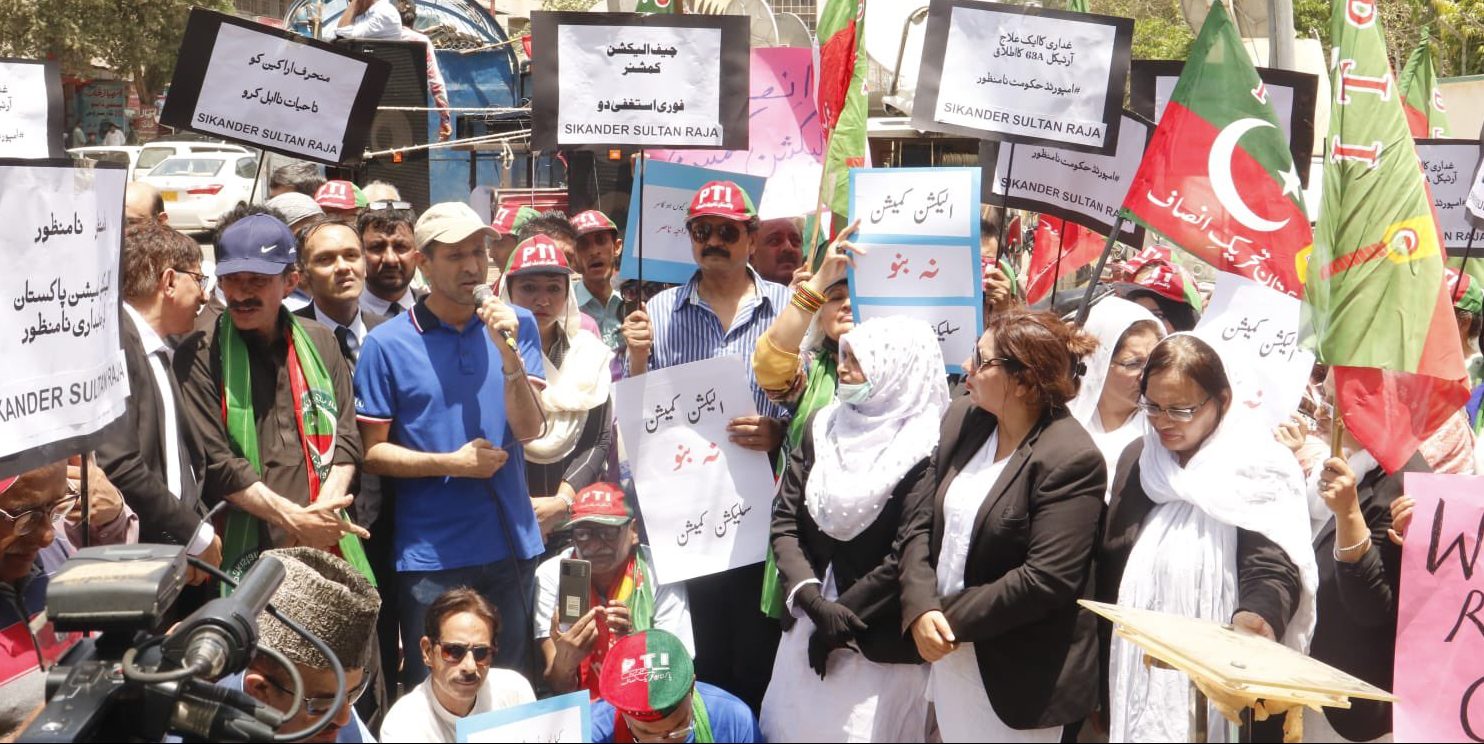The Pakistani rupee (PKR) experienced an uptick against the US dollar during Wednesday’s interbank session. This adjustment saw the rupee closing at 279.4990 PKR per USD, marking a shift from its previous position 279.57. A day earlier!
PKR INTERBANK EXCHANGE RATES ON FEBRUARY 21, 2024
| Country Name | Symbol | Rate |
|---|---|---|
| United States | USD | 279.4990 |
| Eurozone | EUR | 302.0685 |
| United Kingdom | GBP | 352.6858 |
| Japan | JPY | 1.8612 |
| United Arab Emirates | AED | 76.0966 |
| Saudi Arabia | SAR | 74.5231 |
| Australia | AUD | 183.3513 |
| Canada | CAD | 206.7224 |
A CLOSER LOOK AT ECONOMIC INDICATORS
An important measure to consider is the Real Effective Exchange Rate Index (REER), which experienced a 2.91% month-over-month increase in January 2023, reaching a provisional value of 101.7. This rise from December’s revised value of 98.83 signifies a strengthening in the country’s currency value in comparison to a basket of other currencies. The year-on-year data further underscores this trend, showing an 8.24% increase in the REER index compared to the same period last year. Such metrics are vital for understanding the broader economic landscape and the rupee’s real value.
A TECHNICAL LOOK AT UPCOMING TRENDS: GOLD PRICES SOAR IN PAKISTAN AMIDST GLOBAL UPTREND
THE BIGGER ECONOMIC PICTURE
The economic narrative of Pakistan is currently marked by challenges and uncertainties. The nation’s current account balance has dipped into the negative territory, propelled by a decrease in exports and an uptick in imports. This shift raises concerns about the country’s trade dynamics and its ability to sustain economic stability.
Additionally, January witnessed a setback in Foreign Direct Investment (FDI), with a net outflow of $173.2 million. This downturn, particularly influenced by divestments from Chinese investors, highlights the volatile nature of foreign investments and their impact on Pakistan’s economic health.
POLITICAL UNCERTAINTY AND INTERNATIONAL RELATIONS
The financial market in Pakistan is currently navigating through a phase of uncertainty, exacerbated by delayed election outcomes. Such political instability can have far-reaching effects on the economy, influencing investor confidence and international relations. Fitch Ratings has pointed out that this uncertainty may pose challenges for Pakistan in securing a crucial financing agreement with the International Monetary Fund (IMF). The country is at a critical juncture, aiming to replace the expiring Stand-By Arrangement (SBA) by March 2024, making the need for political stability and economic strategy more pressing than ever.



















